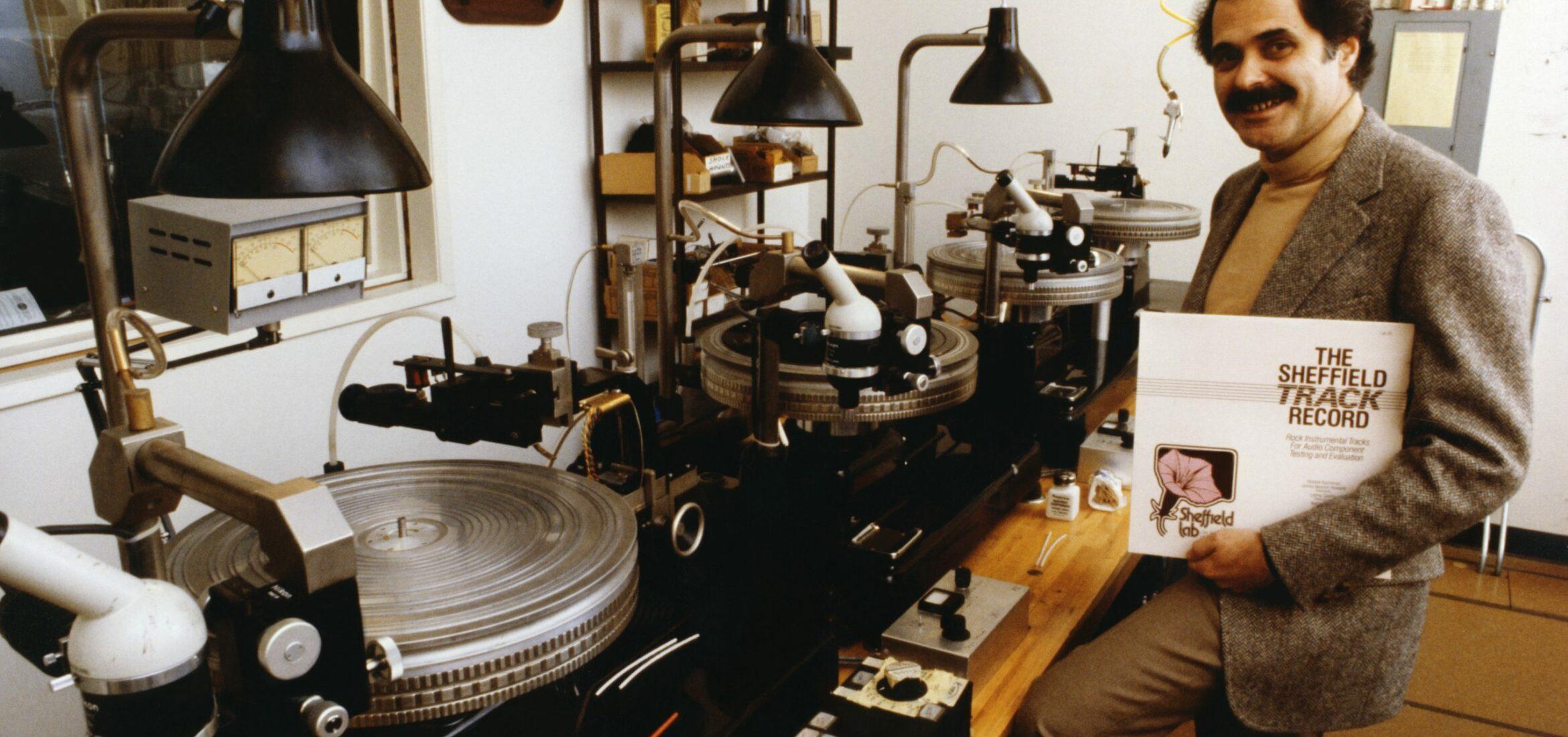The process of mastering can be difficult enough to wrap your head around as it is. To make matters even more complex, mastering can be approached in many ways. Sure, generally speaking, mastering refers to the final act of balancing your music. This includes adjusting loudness, using audio limiters, EQ and compression to control dynamics, and preparing your tracks for playback (dithering, etc.). But within these parameters exists plenty of room for creativity. Just as your mixes won’t sound like anyone else’s, your mastered tracks will be unique. And the moves you make will depend on what you feel the song or album ultimately needs. So while the process of mastering refers to one thing, you will find that professionals use various mastering styles to achieve their unique goals.
What are Mastering Styles?
Mastering styles refer to a mastering engineer’s different methods and techniques to carry out the desired outcome. For instance, an engineer might want their tracks to boom with bass. In another scenario, the engineer might prefer a warmer overall tone. If this all sounds like mixing, don’t confuse the two processes of mastering and mixing. Remember that mixing deals with each individual element of a song. The snare drum might need a little less top-end so the vocals can cut through, for instance.
On the other hand, mastering is your final chance to make these moves that affect the music as a whole after you’re done mixing. Keeping a mastering style in mind can help you figure out how to do EQing, compressing, and more. Constantly ask yourself the simple question, “How do I want this to sound?”

If you’re still unsure about what mastering styles are, it helps to listen to various music across eras and genres. What do you notice about a pop album from 2019 vs. one released at the turn of the century? Or, how does that album compare to a contemporary rock or metal recording? Listen beyond the mix for loudness, depth, color, brightness, and warmth to get a sense of different mastering styles and how they impact the music.
What to Consider when Choosing Mastering Styles
It’s one thing to understand mastering styles and point them out when you hear them; it’s another to apply these techniques to your tracks. How do you choose a mastering style? Is it even necessary? And what exactly should you think about as you make this call?
First of all, consider your preferences. If you’re mastering your tracks, you want them to sound as good as possible, in your opinion. That said, what sounds good to you might not sound as good to others, so maintaining some objectivity matters. If possible, ask for an outside opinion or two as you tinker with different mastering styles.
Beyond personal preference, think about the music itself and how mastering can bring out its full potential. This will vary from track to track or album to album. You’ll often hear terms like “warm“, “bright”, “aggressive”, “punchy”, “wide”, “open”, “balanced”, and more to describe how a song sounds overall. In a way, these words refer to different mastering styles, though it takes some time to understand what each one means.

EQ and compression play the most prominent roles in achieving these various styles. A “punchy” or “aggressive” master, for instance, will feature a lot of attack and a decent amount of high-end and clarity on transients (however, this “punch” is better achieved during the mixing stage, while mastering can help maintain and slightly embellish this flavor). A “warm” mastering style will retain some low- and mid-range, avoiding the harsh side of the high-end and easing up on the attack. Too much “warmth” might come off as a bit muddy or muffled for some tracks, so an “open” mastering style might be preferable. This involves scooping some of the mid-range and “punching up” the low-end slightly, but not too aggressively.
What Role Does Genre Play in Mastering?
As briefly mentioned earlier, mastering styles are not just determined by the individual song or album but by genre (and time period). The top-charting rock, country, pop, rap, and EDM songs will all sound “good” as they are professionally mastered, but they won’t sound the same, at least not to the discriminating ear. For instance, compare an early Korn song to a modern Taylor Swift track. Sure, the music sounds nothing alike, but the overall quality and tone vastly differ, too.
So, whether you’re mastering your music or someone else’s, always keep the genre in mind. There are no strict rules for how to master a country song or hip-hop beat, but certain choices will better lend themselves to the type of music genre. If you’re mastering a stripped-down, acoustic track by a singer-songwriter, you’ll probably go for a warmer mastering style, avoiding the punchy aggression best used for punk, metal, and rap.
Is there a Right or Best Way to Master Your Tracks?

Of course not. Writing, recording, mixing, and mastering music are all creative processes, and rules are meant to be broken. That said, guidelines are helpful due to common mastering mistakes when mastering your music. This is especially true if you’re just starting out and discovering the idiosyncrasies of mastering. Also, specific standards apply to mastering if you want your music to be taken seriously. You have to pay attention to loudness, make sure your track doesn’t clip or get distorted, prepare it for exporting and distribution, etc. Beyond these basics, though, feel free to experiment with different mastering styles. Until you put the music out there, nothing is permanent. And the more you tinker, the more you’ll learn.
Conclusion
Mastering may be a more delicate and final process than mixing, but it should still be fun and open to experimentation. While mastering engineers make similar moves, each one will uniquely make these moves to achieve various outcomes. The best way to wrap your head around different mastering styles is to try some out for yourself.
Informazioni sull'autore

Ethan Keeley
Scrittore, doppiatore, musicista e redattore audioEthan Keeley è un musicista, doppiatore e scrittore di Rochester, New York. Quando non è in tour con la sua band Unwill, lavora a nuove canzoni e storie.
Lascia un commento
Log in per commentare


